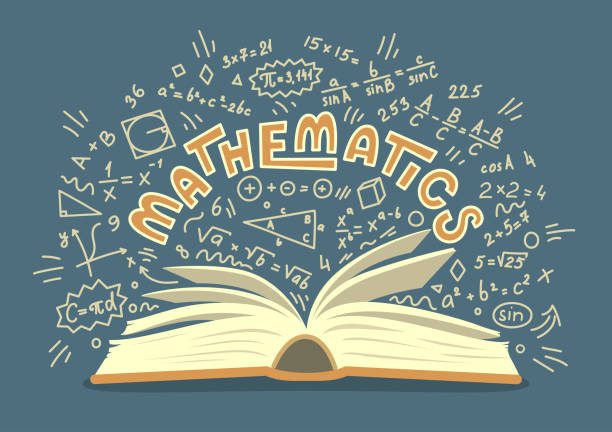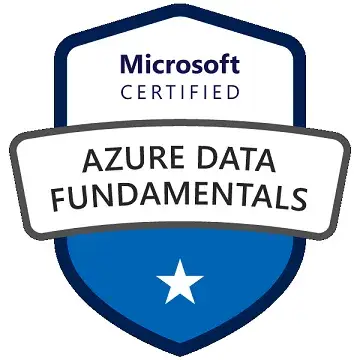Mathematics class 8 (maths)
-
- 5 rating
- (1 Reviews)
- 1 students enrolled
Mathematics class 8 (maths)
Class 8 mathematics typically covers a wide range of mathematical concepts and topics designed to provide students with a strong foundation in mathematics. While the specific curriculum can vary depending on the educational board or system in place in a particular region
-
- 5 rating
- (1 Reviews)
- 1 students enrolled
What learn
- Comprehensive Subject Knowledge
- Visual and Interactive Education
- Adaptive Learning Methodology
- 24/7 Availability
- Global Reach and Diverse Resources
Course Content
Requirements
- Smart Phone Or Laptop with Internet Connection
Description
Here's a brief overview of the chapters/topics typically covered in Class 8 mathematics:
1. Cube and Cube Root: This chapter introduces students to the concept of cubes and cube roots of numbers, helping them understand how to calculate and apply these operations.
2. Factorisations: Students learn how to factorize algebraic expressions by finding common factors and simplifying them.
3. Introduction to Graphs: This chapter introduces the basics of graphical representation, including plotting points and drawing simple graphs.
4. Practical Geometry: Students study practical aspects of geometry, including construction of various geometrical shapes and figures.
5. Direct and Inverse Proportions: This chapter explores the relationships between quantities in direct and inverse proportions and how to solve problems involving these concepts.
6. Rational Numbers: Students delve into the world of rational numbers, learning about their properties, operations, and representation on the number line.
7. Understanding Shapes: This chapter focuses on various two-dimensional shapes and their properties.
8. Visualising Solid Shapes: Students learn about three-dimensional shapes, their properties, and how to visualize them.
9. Comparing Quantities: This topic involves comparing quantities using ratios, percentages, and understanding concepts like profit and loss.
10. Data Handling: Students are introduced to the basics of data collection, representation, and interpretation, including concepts like mean, median, and mode.
11. Square and Square Root: This chapter covers the square of numbers, square roots, and their properties.
12. Algebraic Expressions and Identities: Students work with algebraic expressions and identities, learning how to factorize and simplify them.
13. Linear Equations in One Variable: This section deals with solving linear equations with a single variable and their practical applications.
14. Mensuration: Students explore the measurement of various geometric shapes and solids, including areas, volumes, and surface areas.
15. Exponents and Powers: This chapter introduces students to the laws of exponents and scientific notation.
16. Playing with Numbers: This topic involves working with numbers to find various patterns, divisibility rules, and solving puzzles related to numbers.
These topics provide a comprehensive foundation in mathematics for Class 8 students, helping them build essential skills for future mathematical concepts and applications.
Recent Courses
- June, 23rd 2025
- 3
This course plan outlines a comprehensive curriculum for a prompt engineering course, designed to equip learners with the ski..
- 1699.00₹
2000.00₹
- June, 28th 2025
- 12
In an era where technology is seamlessly integrated into our daily lives, understanding the synergy between Embedded Systems..
- 1599.00₹
2000.00₹
- May, 22nd 2024
- 0
Microeconomics is an essential component of economics as a whole, as it helps us understand how individual decisions and inte..
- 799.00₹
999.00₹
About Instructor
"Founded in 2019, Bringup Education stands as a dynamic Ed-Tech firm. We take pride in offering a diverse array of courses, spanning from school-level education to rigorous undergraduate programs, all impeccably facilitated through our state-of-the-art Learning Management System (LMS).
Moreover, at Bringup Education, we are committed to preparing students for the professional world by providing valuable training and internship opportunities. These experiences not only augment students' skills but also ensure they are 'job ready' upon graduation."


.png)




.png)


